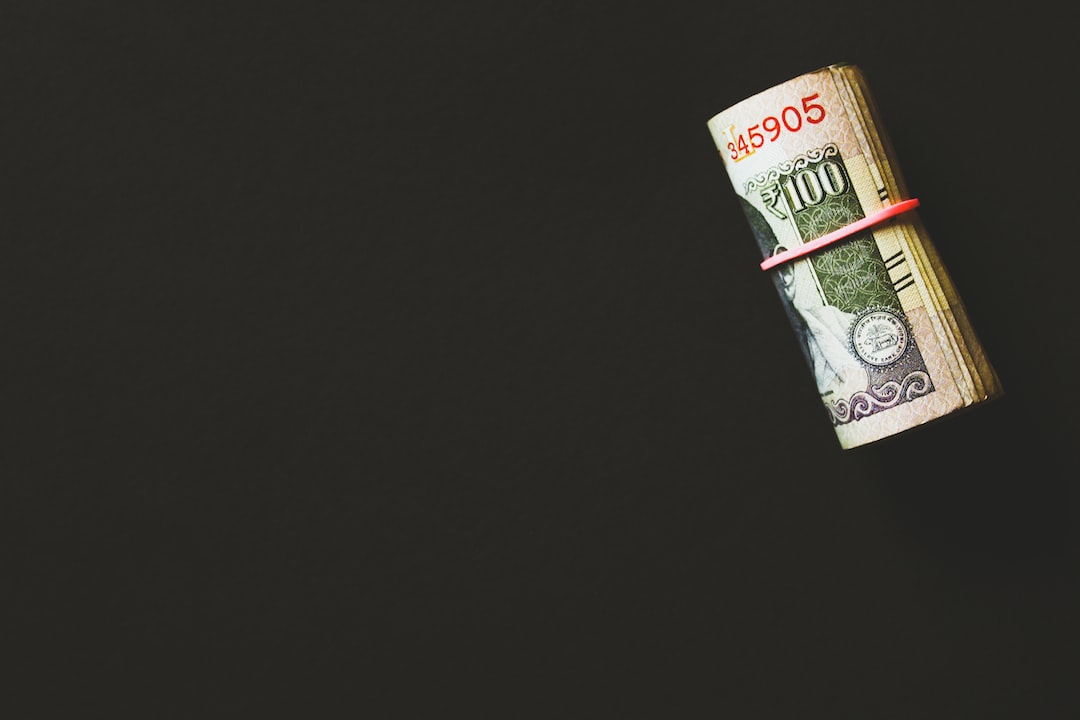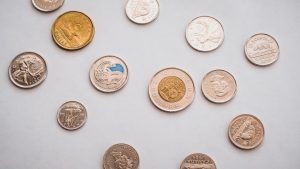Forex reserve is a term used to describe the foreign currency reserves held by a country’s central bank. The reserves are used to ensure that the country’s currency remains stable and that it has the ability to intervene in the foreign exchange market if necessary. Forex reserves are a vital part of a country’s financial system as they help to maintain macroeconomic stability and provide a cushion against external shocks.
The primary purpose of forex reserves is to provide a buffer against economic shocks. This means that if a country’s economy experiences a sudden shock, such as a sudden drop in exports or a sudden increase in imports, the central bank can use its forex reserves to stabilize the currency and prevent it from depreciating too rapidly. In addition to stabilizing the currency, forex reserves can also be used to pay for imports or to service external debt obligations.
Forex reserves are typically held in the form of foreign currency deposits or government bonds. The most common currencies held in forex reserves are the US dollar, the euro, and the Japanese yen. The composition of a country’s forex reserves can vary depending on its trade relationships and the stability of its domestic currency.
The size of a country’s forex reserves is often used as an indicator of its economic strength and stability. Countries with large forex reserves are generally considered to be more economically stable and less vulnerable to external shocks. This is because a large forex reserve provides a cushion against sudden changes in the global economy and allows a country to weather economic storms more easily.
The management of forex reserves is typically the responsibility of a country’s central bank. The central bank will typically invest the reserves in low-risk assets, such as government bonds, in order to preserve the value of the reserves over time. The central bank may also use the reserves to intervene in the foreign exchange market if necessary, in order to stabilize the currency or to prevent excessive volatility.
In addition to its use as a buffer against economic shocks, forex reserves can also be used to finance international trade and investment. Countries with large forex reserves may use them to provide loans or grants to other countries, or to invest in foreign companies or assets. This can help to promote economic growth and development, and can also help to build stronger diplomatic relationships between countries.
Overall, forex reserves play a crucial role in the stability of a country’s financial system. By providing a cushion against external shocks and enabling intervention in the foreign exchange market, forex reserves help to maintain macroeconomic stability and promote economic growth and development. While the management of forex reserves can be complex, it is a vital component of a country’s overall economic strategy, and is essential for ensuring long-term economic stability and growth.





